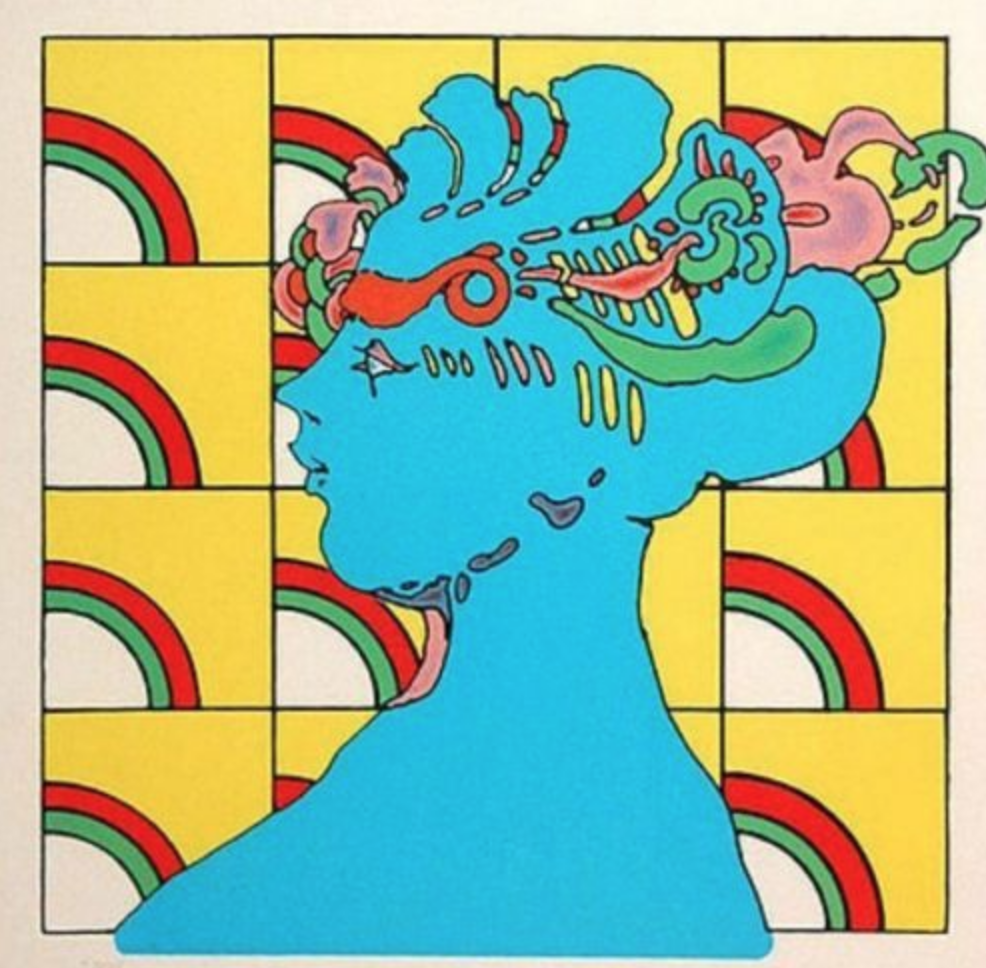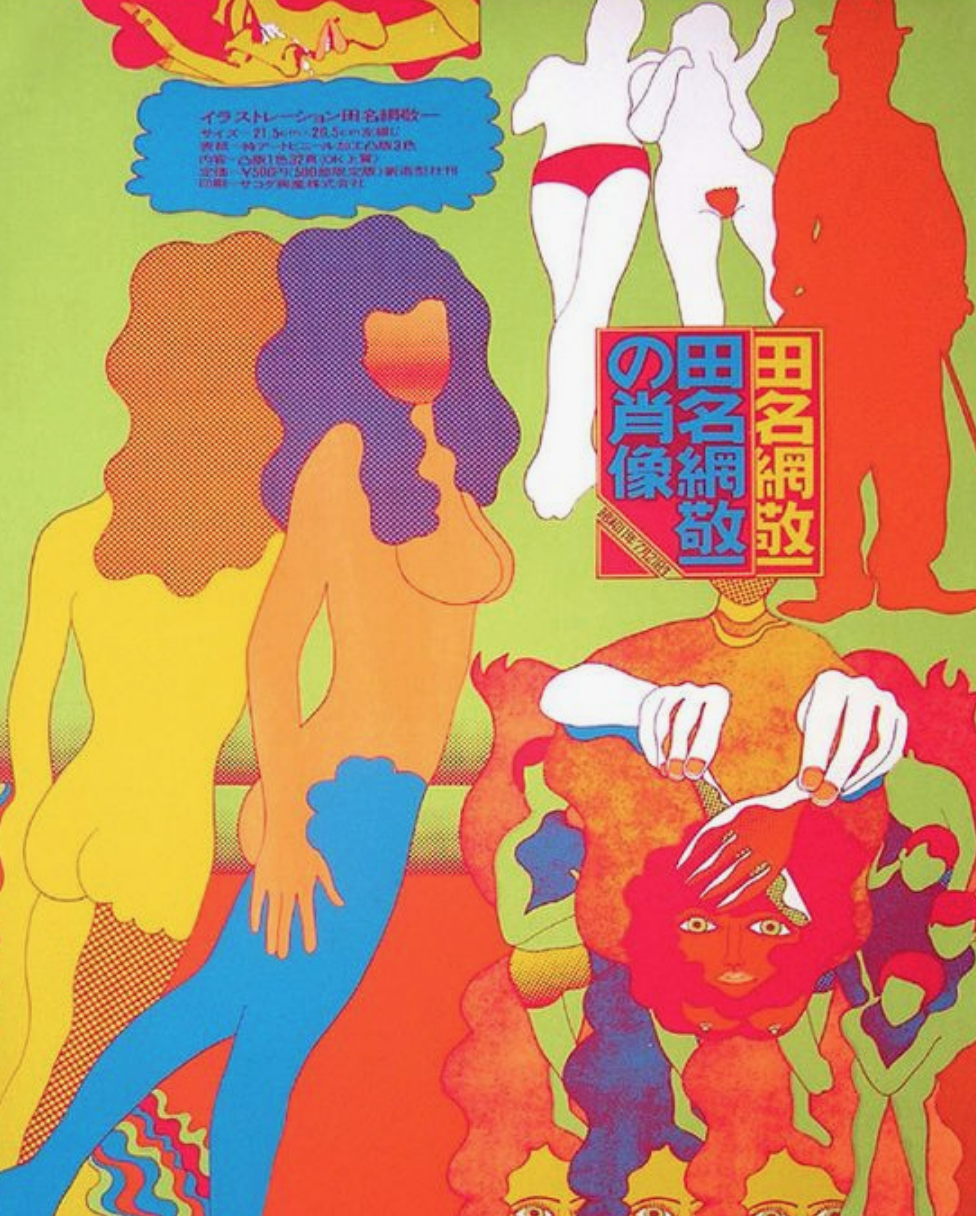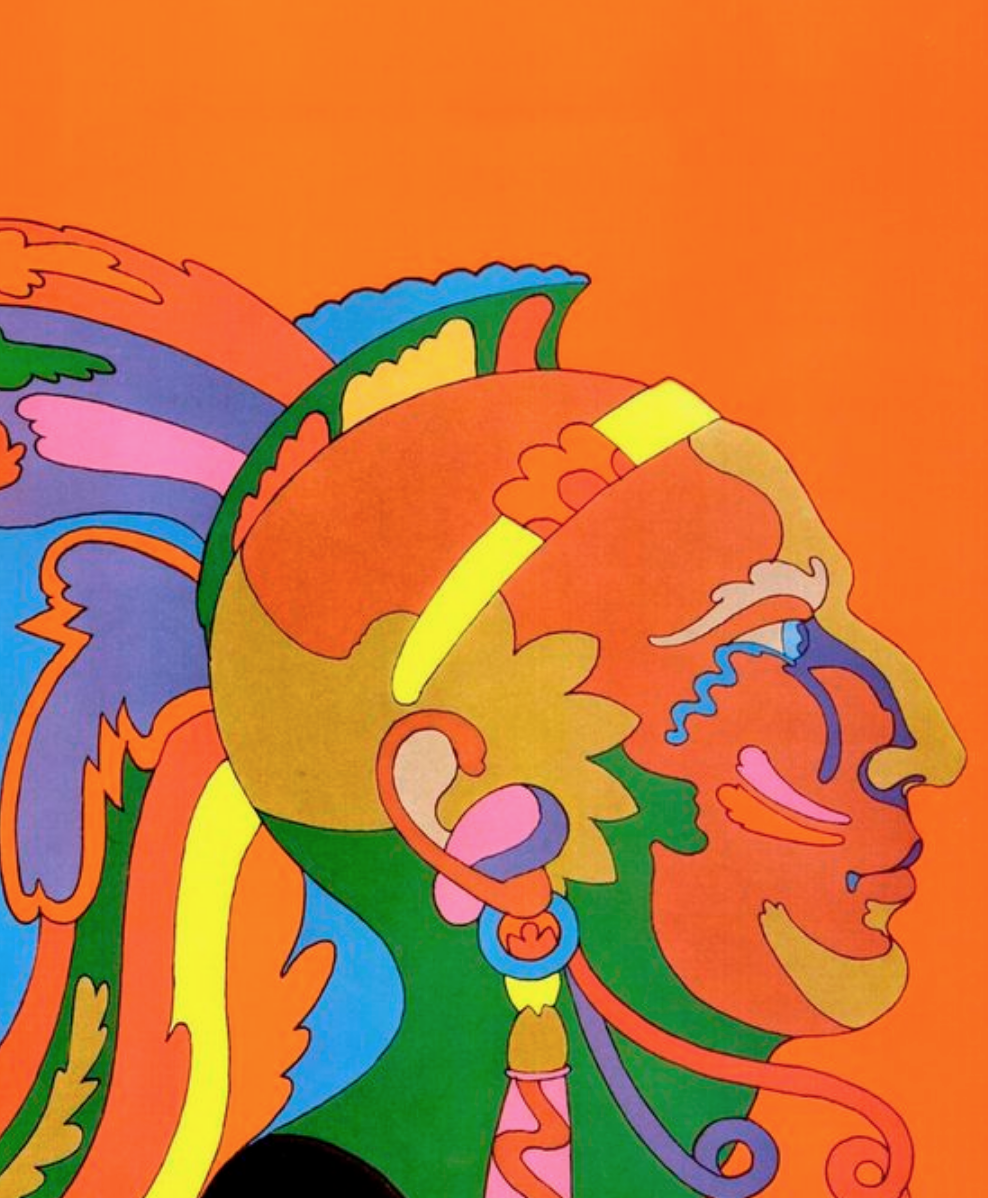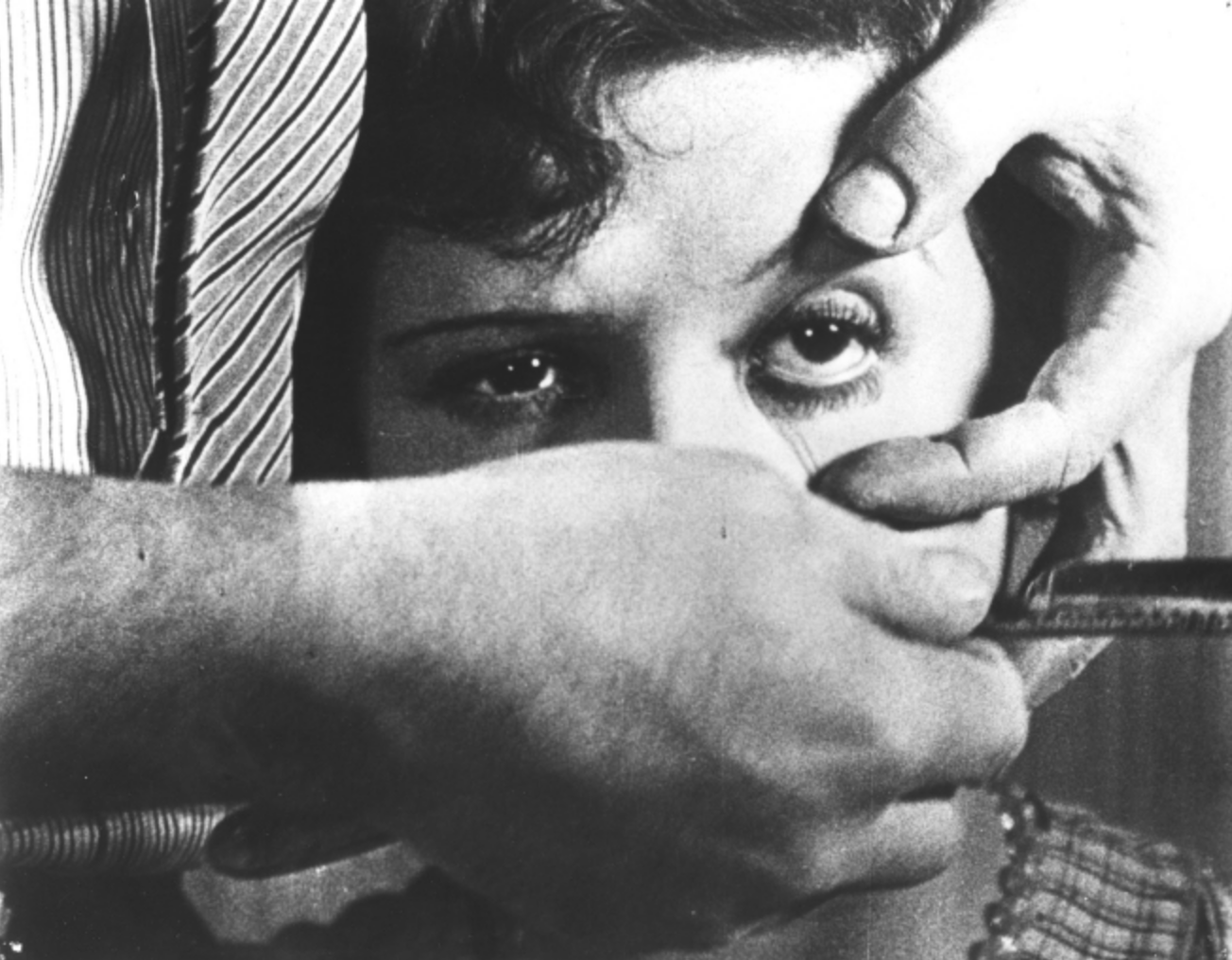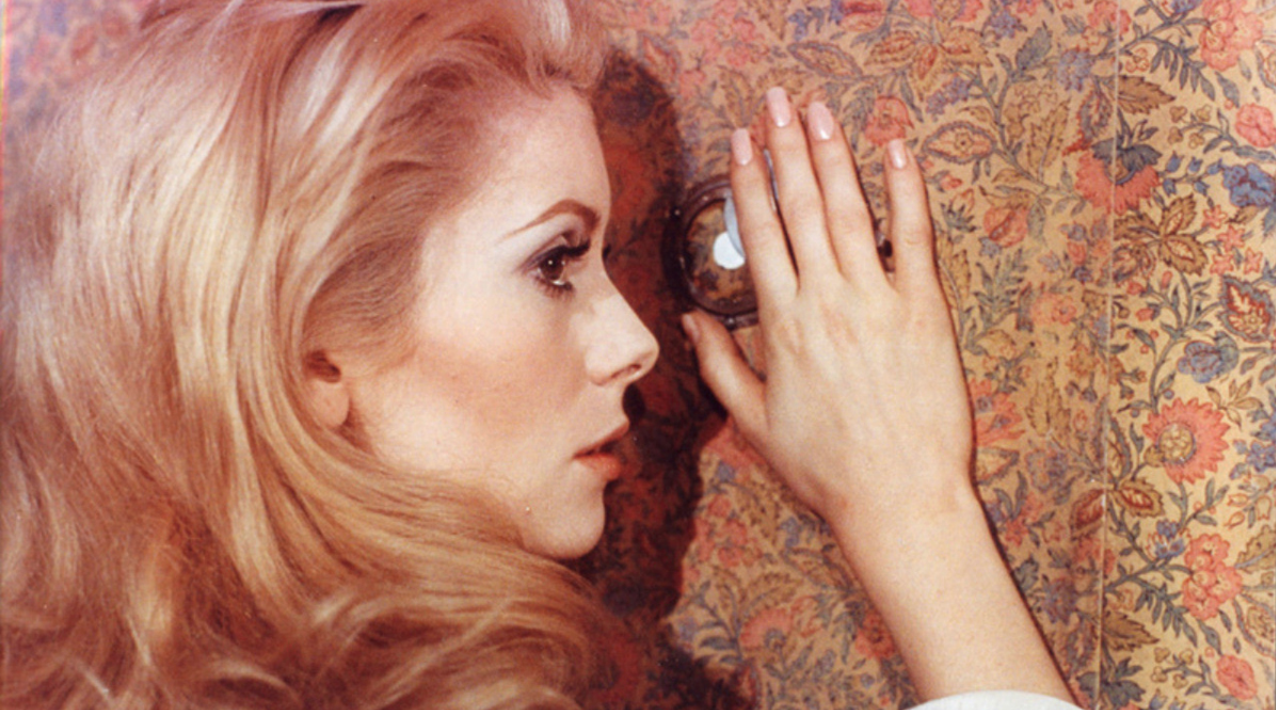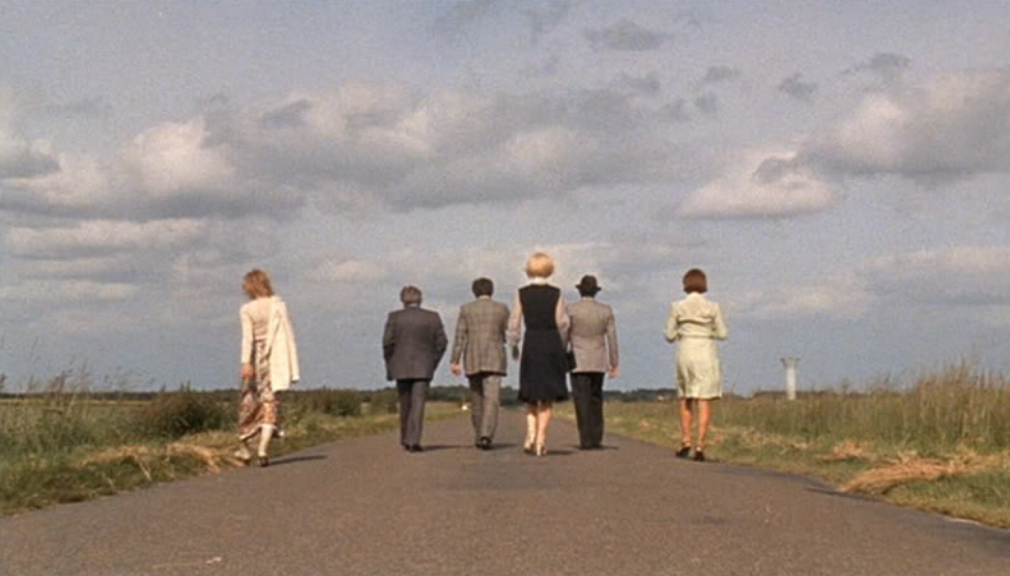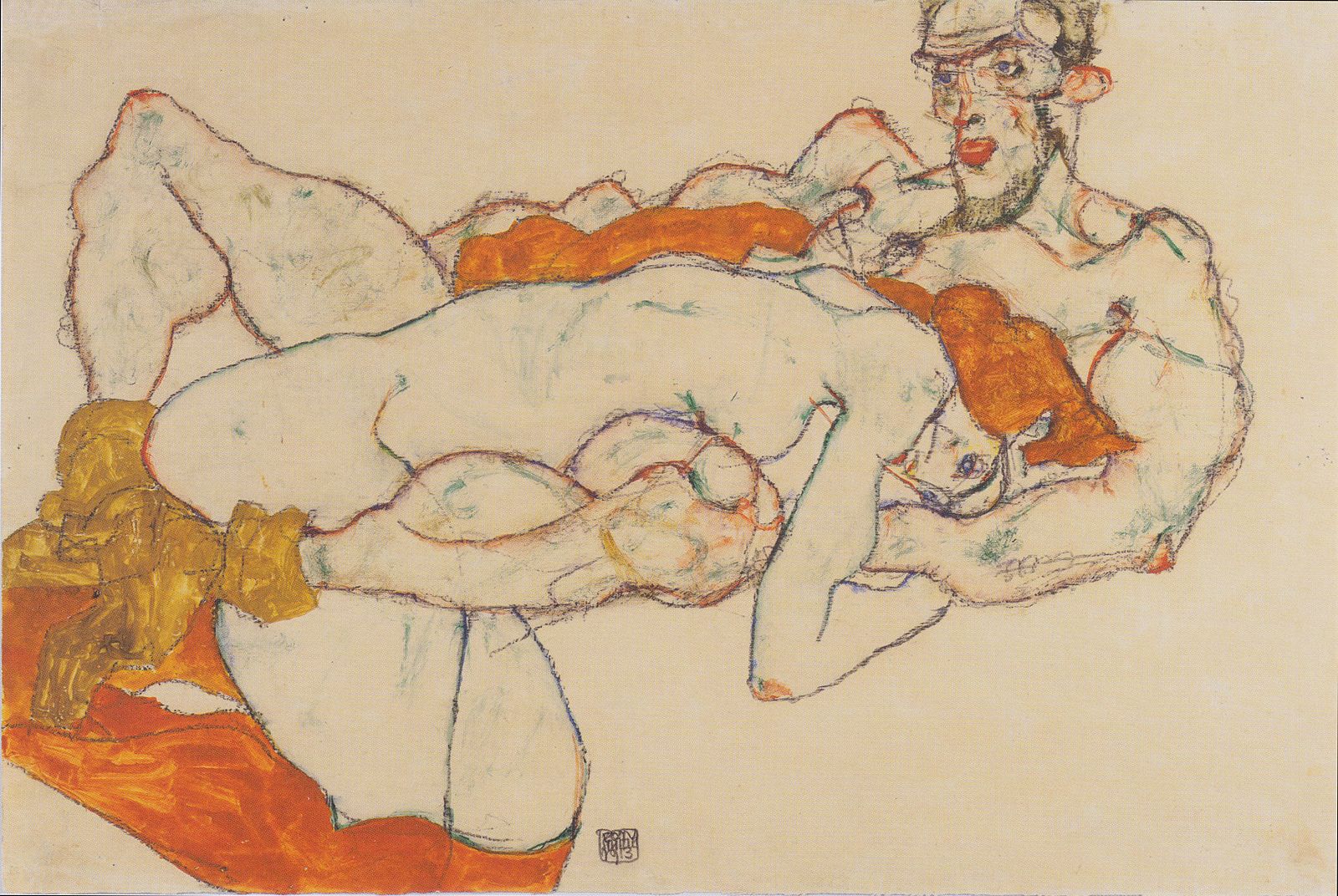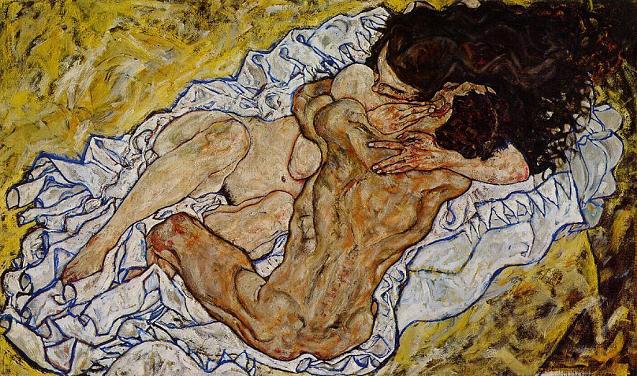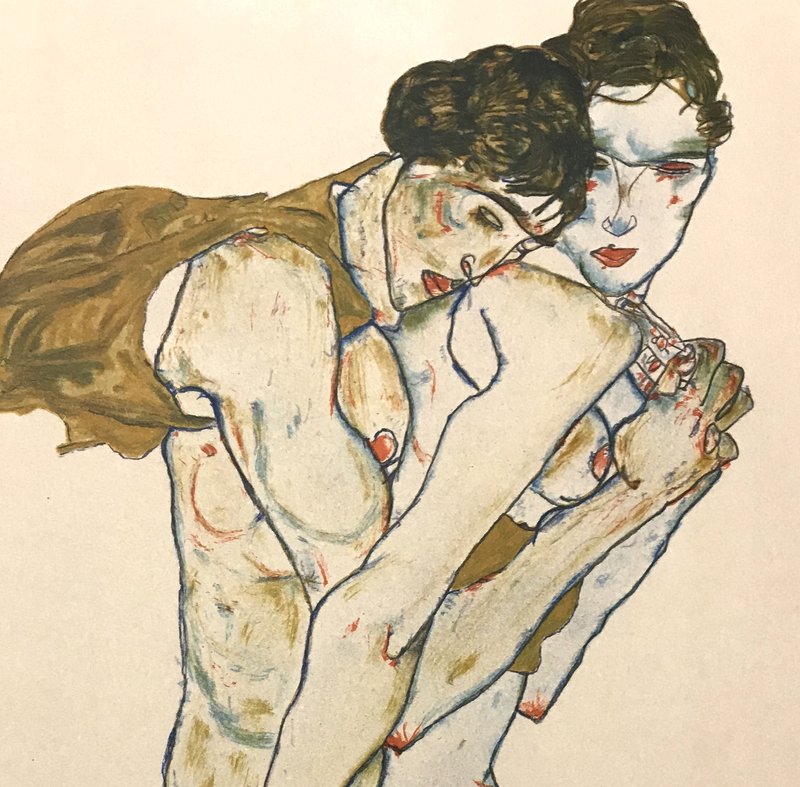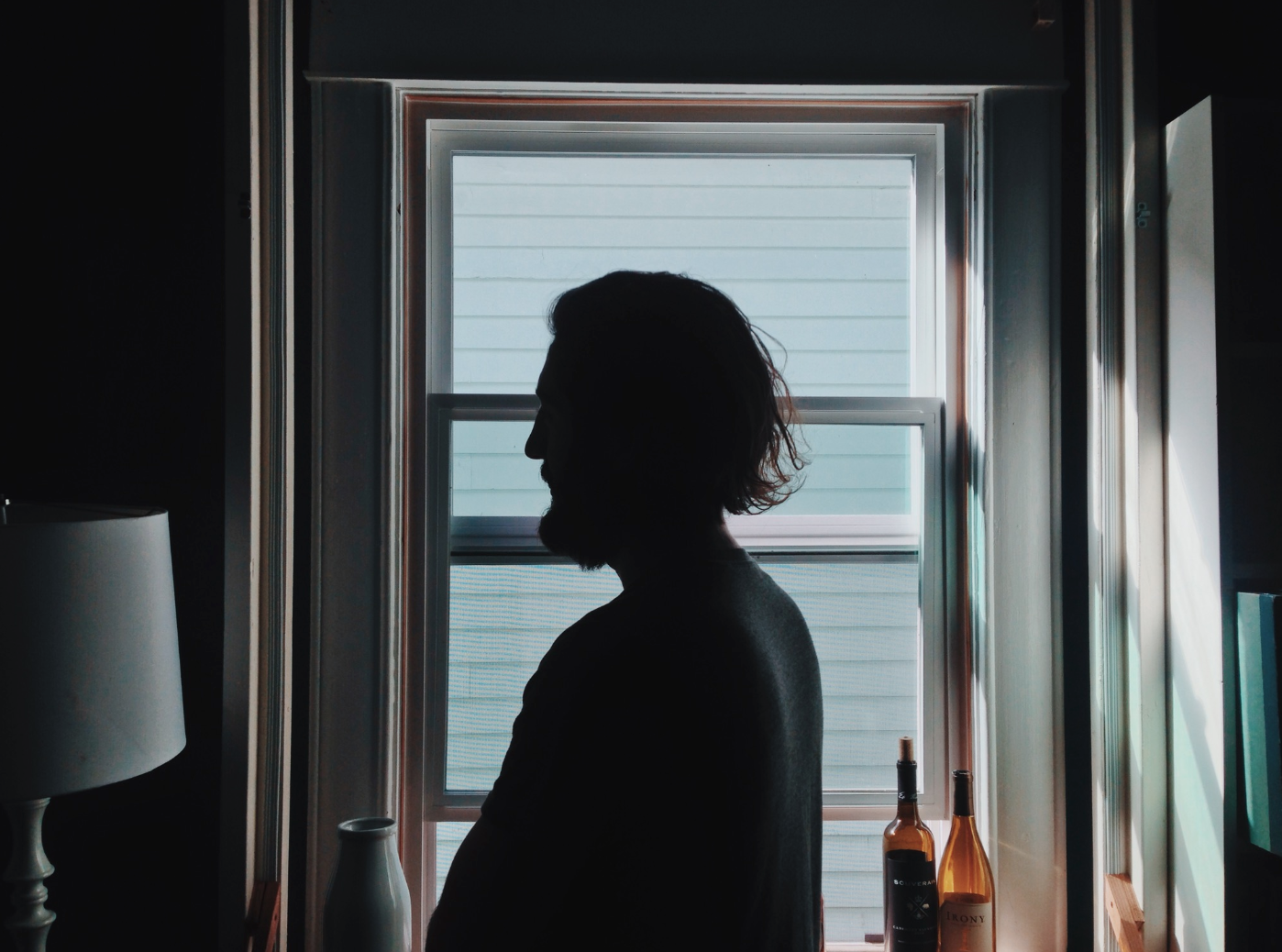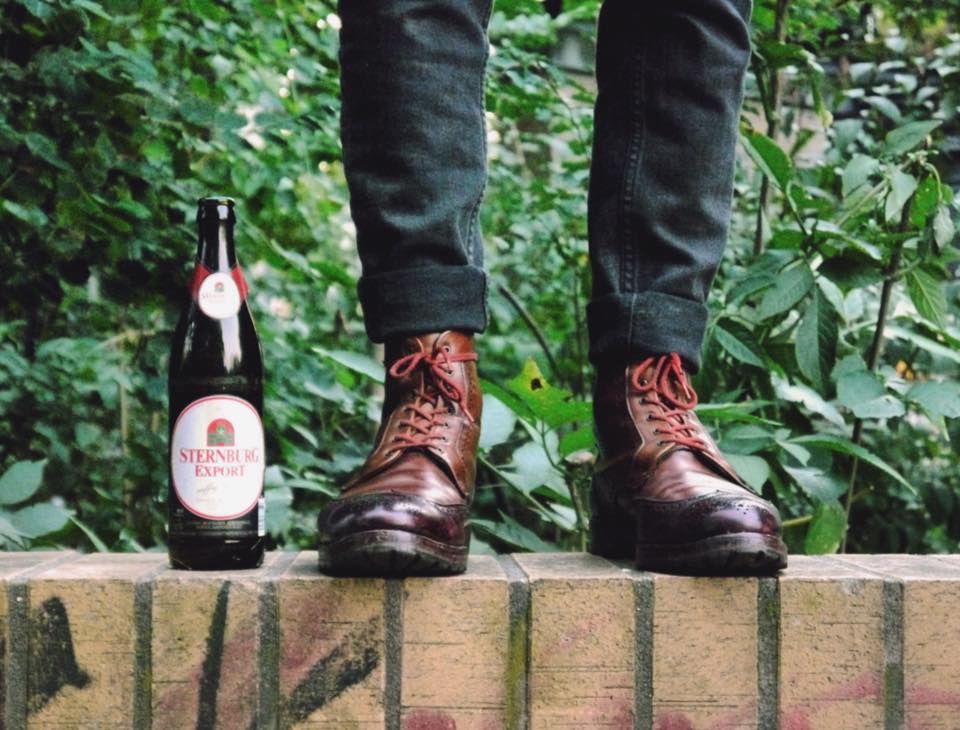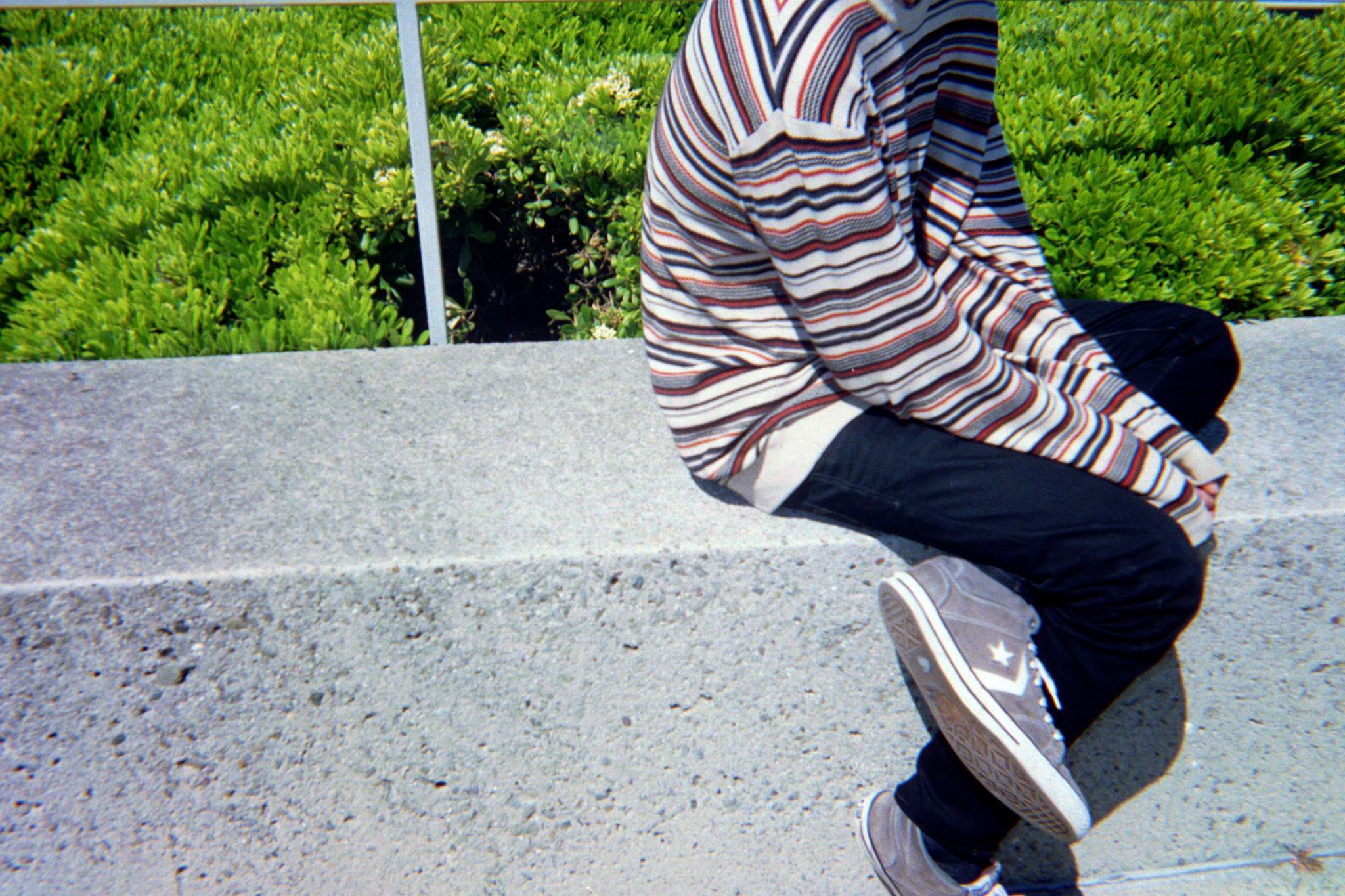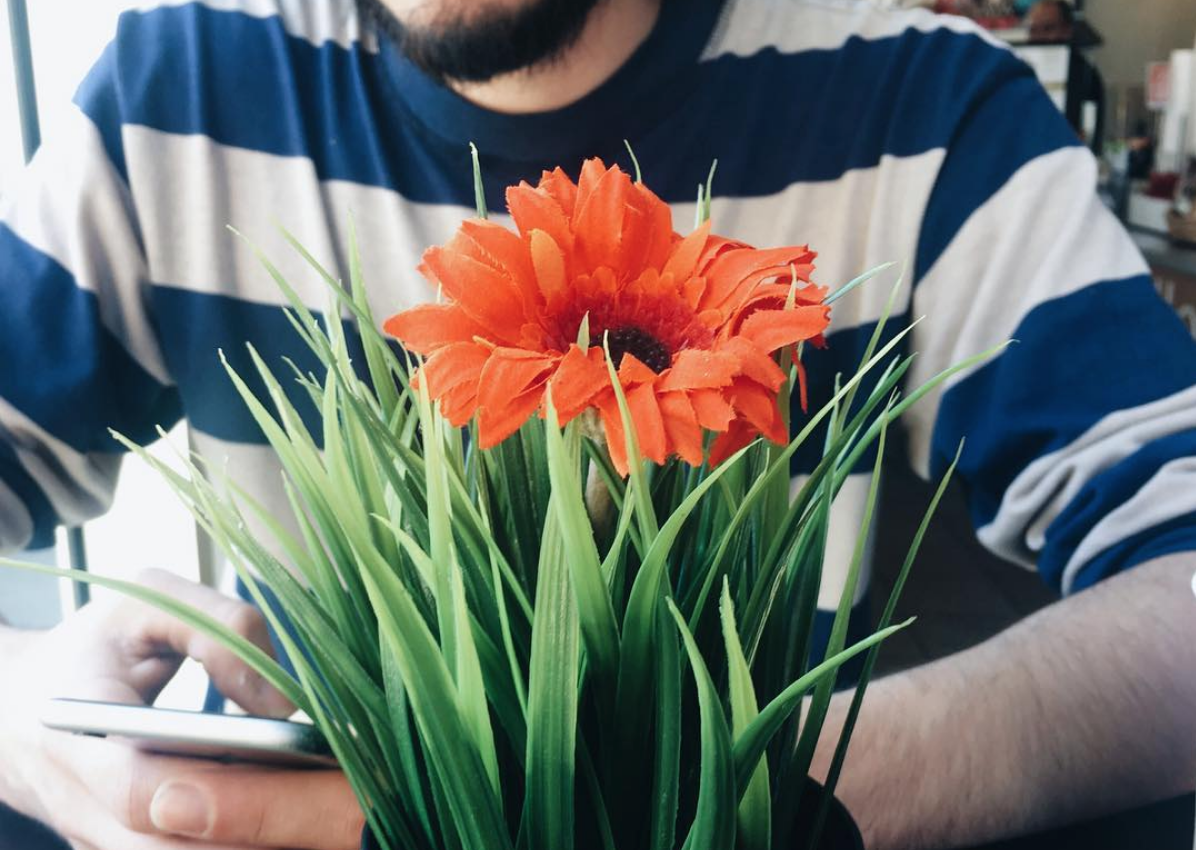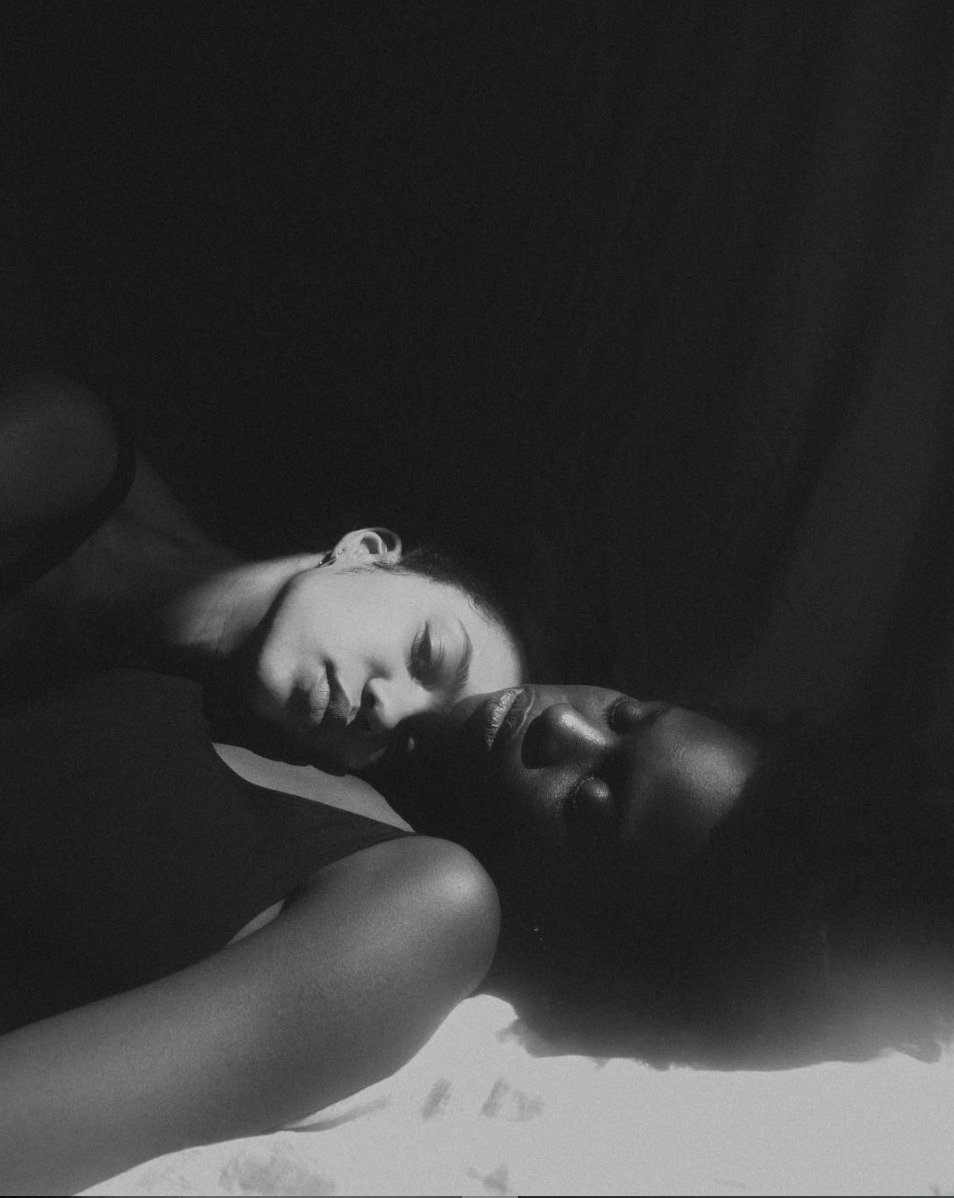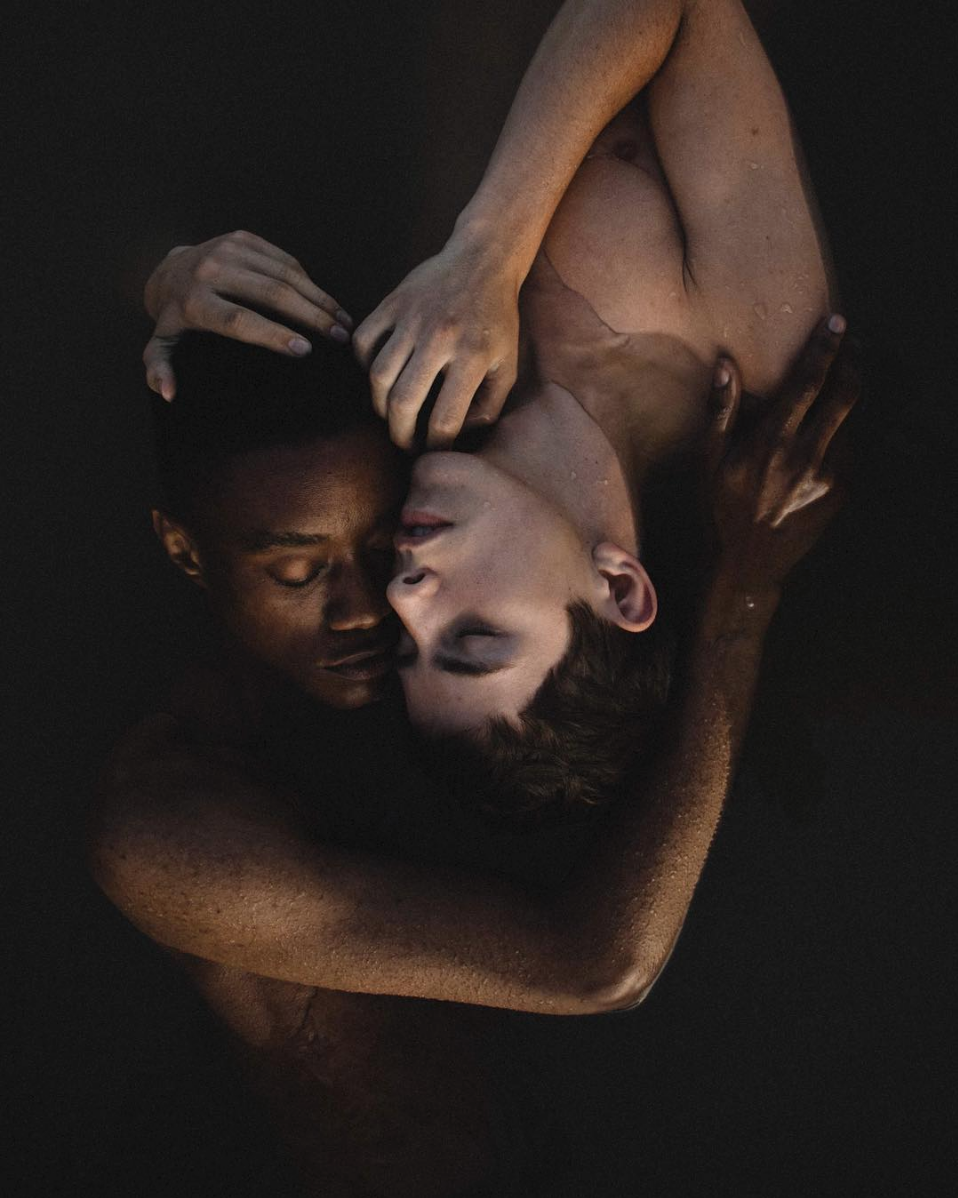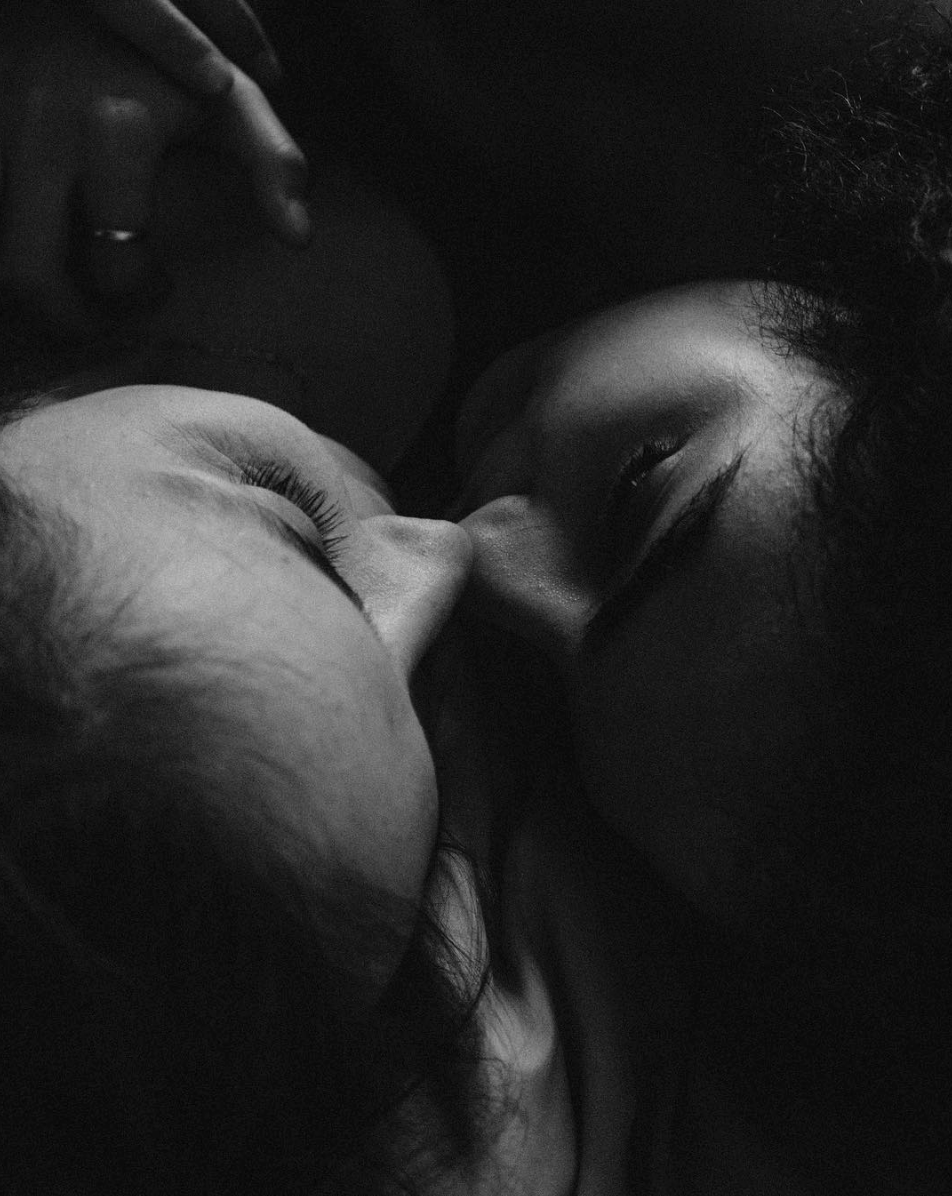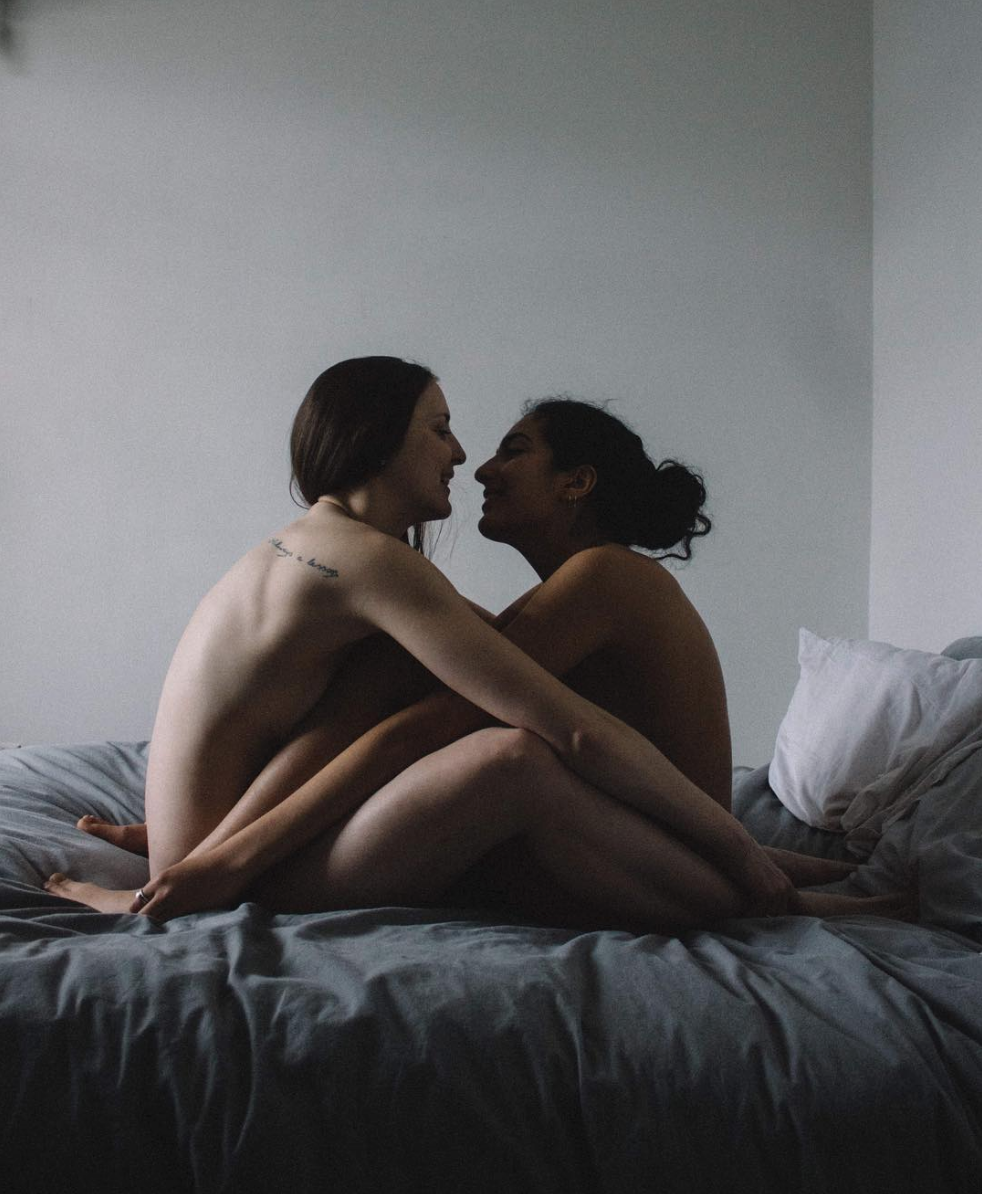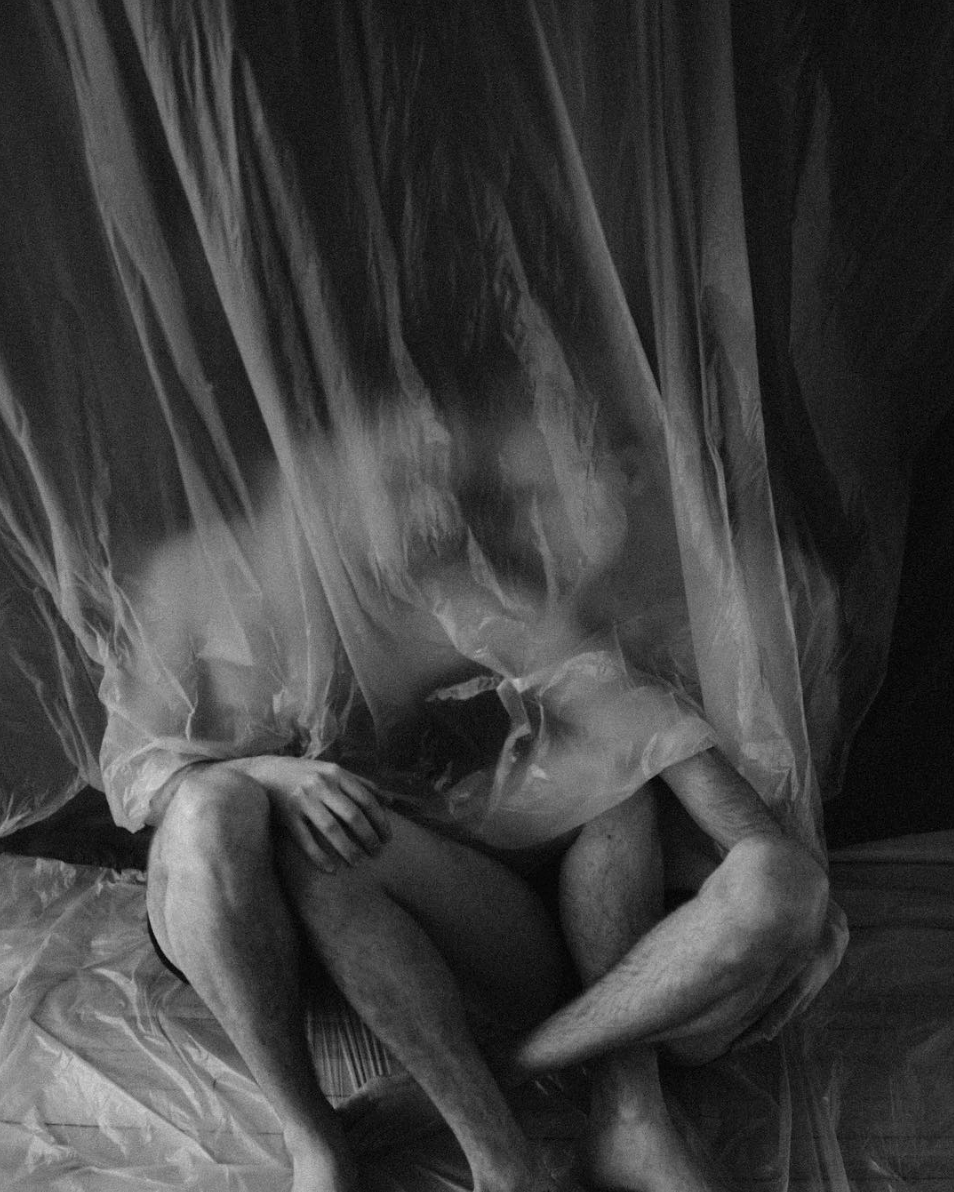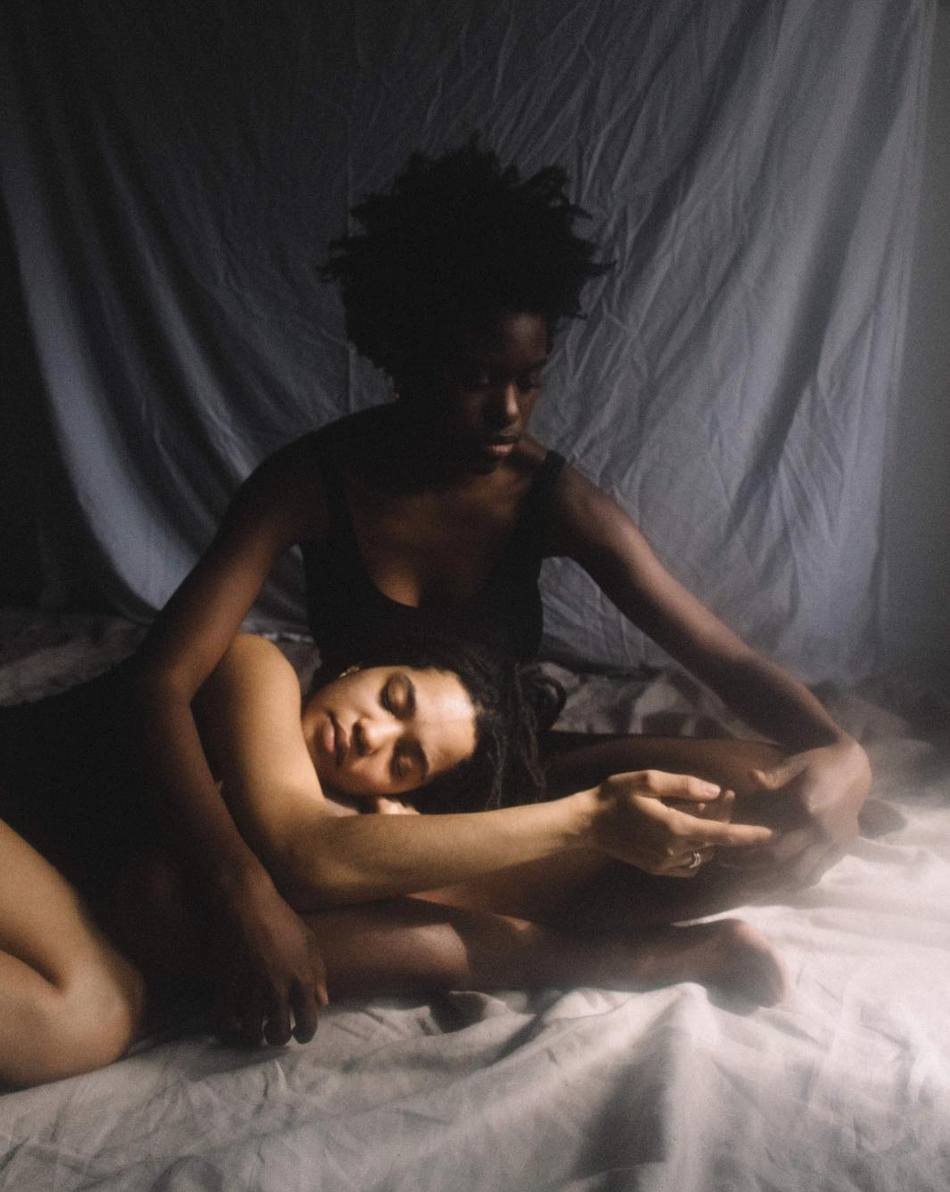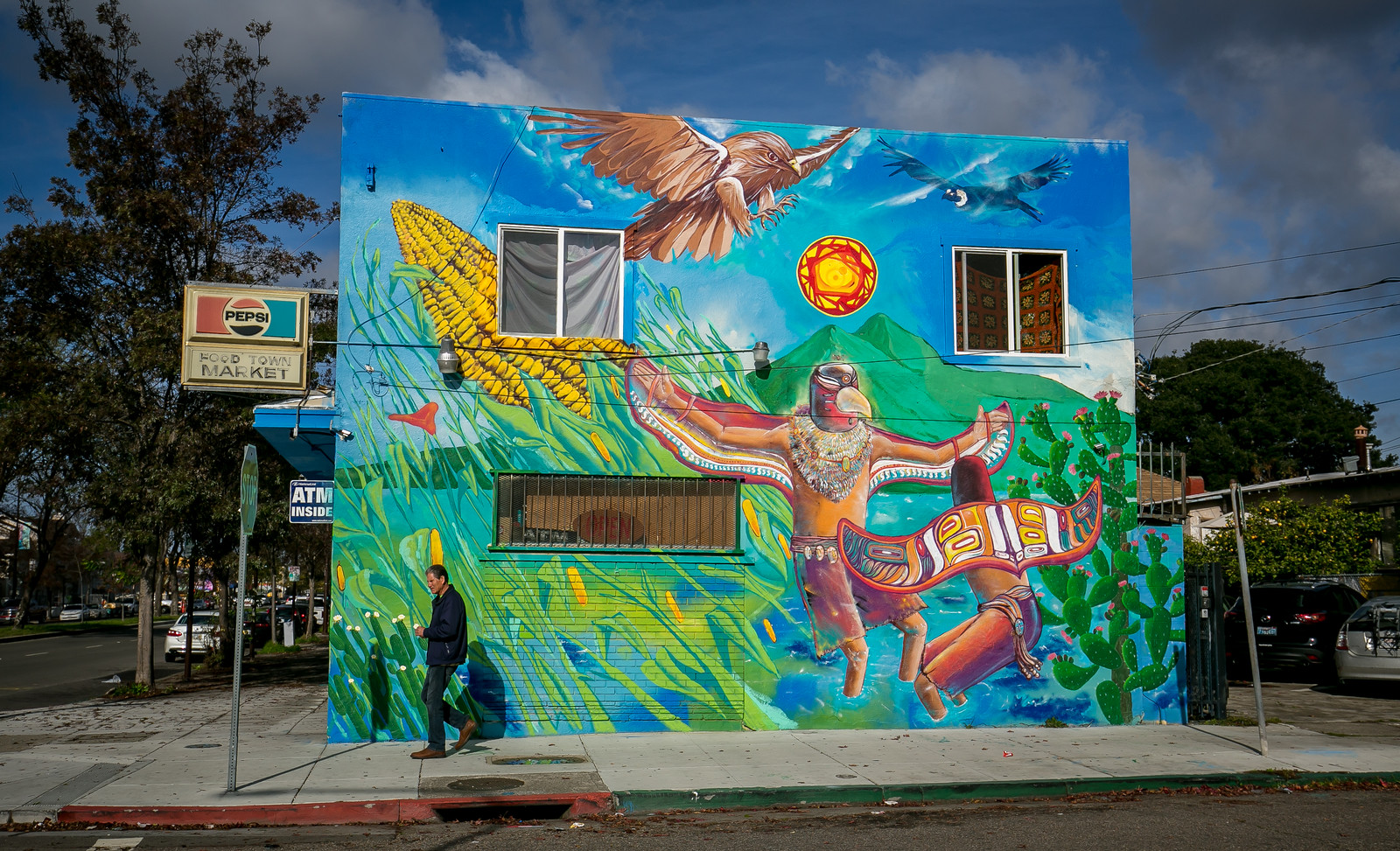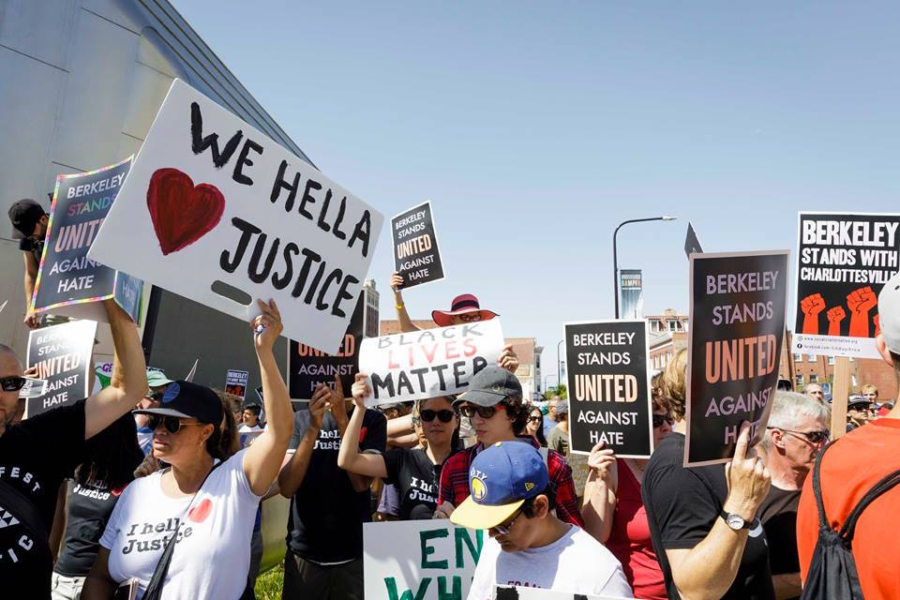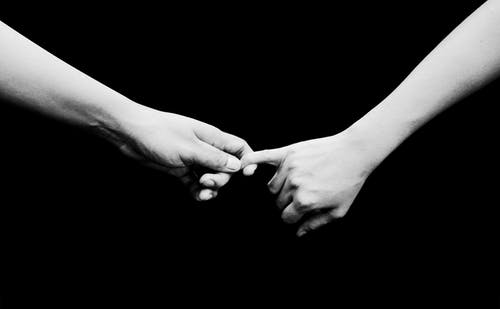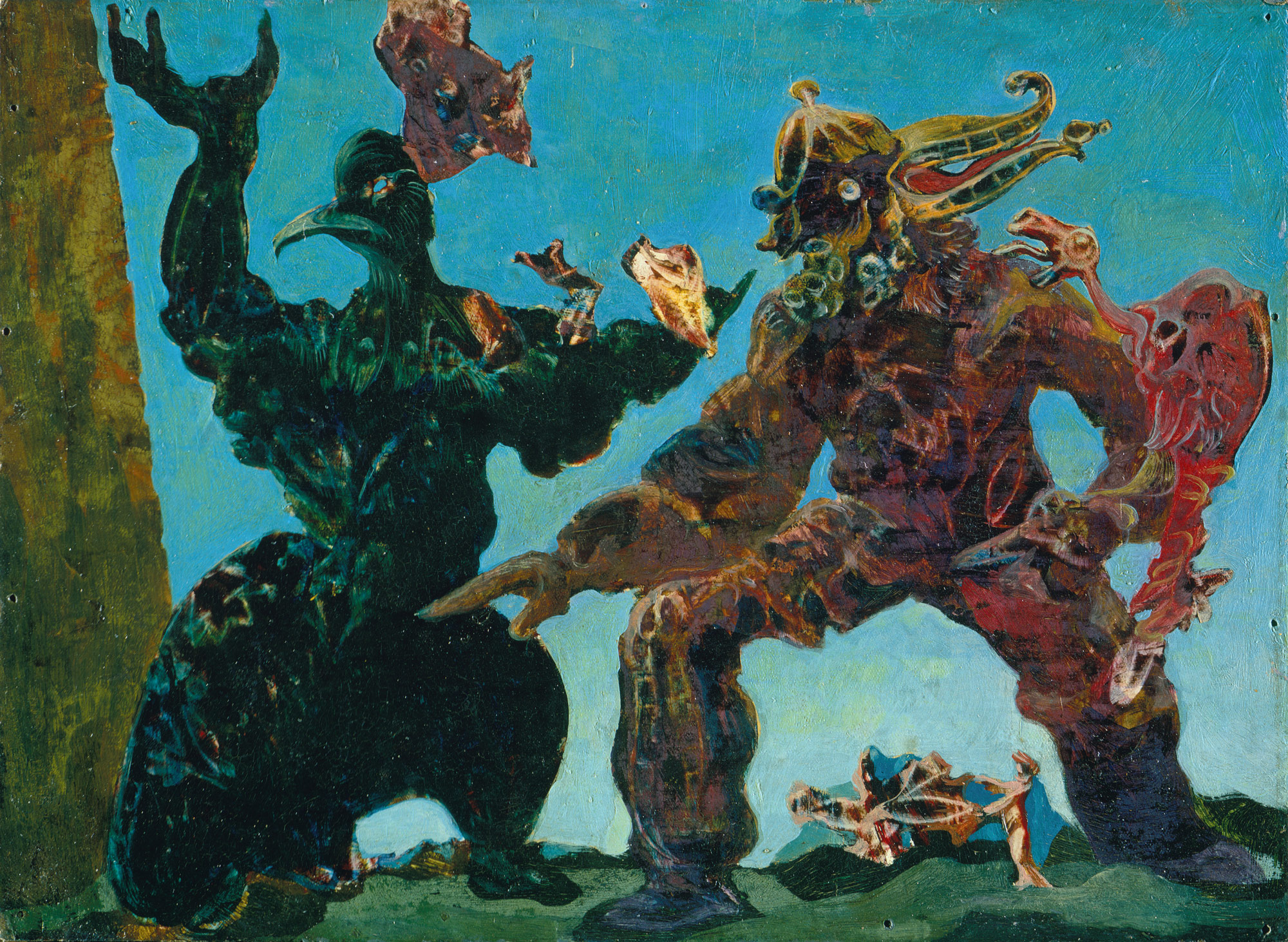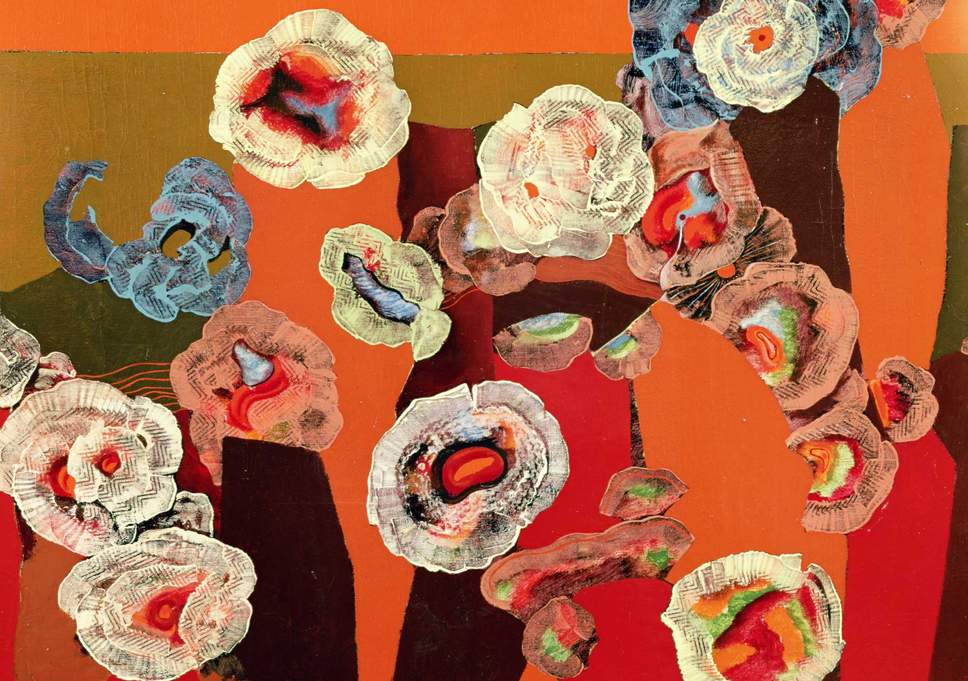Transformative Love Experienced: A Response to Bell Hook’s All About Love, Part One
I’ve always described life as a fluid force, like a steady stream flowing through a winding forest, with pivots and waterfalls where nature has intended them to be. The theme of love in my life has adopted this narrative, illustrating that love can return in many forms, like Franz Kafka, my favorite author, eloquently once said. In its essence, it has molded and transformed me.
I purchased a book by Bell Hooks just a few days ago, All About Love: New Visions, a book that has kept my attention, but has always been on my “maybe list” because I never felt the full desire to read it. After a turbulent experience with what most would describe as love, I abandoned relationship ideals and became single for three years, almost accidentally so.
While possible relationships were teased with potential partners, something circumstantial or a conscious decision I would make would inhibit the full process. I thought by maintaining my intellectual front, I would be able to hold myself like Lou Andreas-Salomé, and egotistically, always be “the one who got away,” by these unhealed men who in turn, would hurt me.

As a millennial who always claimed I was “born in the wrong decade,” experiencing dating during the peak of dating apps, especially during a pandemic, fostered a sense of subconscious objectification where the norm of “hookup culture” and cheating intimacy with naked bodies grinding against each other was expected. I found myself in one “situationship” after the next, devoting myself to someone emotionally without the physical expectation of a relationship. When one person would play games, the other would play them right back: I toxically blamed this on my Aquarius Venus, shrugging and laughing about it with friends who understood the joke. This was causing a deep riff in my psyche without me even realizing it.
The first time this realization occurred was when one of my situationships ended abruptly, and I was forced to reconcile with the person I was becoming in this dating culture. After a night of partying, I remember sitting in a stranger’s car crying when realizing how truly heartbroken I was, and no amount of impulsive sex could fix it. I walked away from that stranger, and became fully celibate for the next four or five months to truly love and understand the person I was becoming. And then the cycle began again.

I found myself in a couple more situationships, being mindful of my emotional wellbeing and nearly accepting the Samantha Jones lifestyle I would partake in for what I thought would be the rest of my life. I enjoyed the freedom that came with the lack of commitment, which in retrospect, was a defense mechanism materialized. I was guarding my heart, because of all the nuanced or dramatic heartbreak that I was consumed with throughout these years of singlehood, and my acceptance of singlehood became a part of that. I was, after all, “too smart for my own good,” as someone once told me. Like Bell Hooks, I always wondered if this intellectual nature would manifest into an unbreakable solitude.
During this process, I signed up for classes after nearly a decade of not being in school, and began the academic journey I had promised myself four years prior. I knew there was no better time, and being able to focus on my studies while sprinkling in a first date every couple of weeks was the balance I strived for, as the brief spurts of attention from men would pacify this subconscious need to feel loved by another person. As my attention for them waned, so did my flow of romance: it wasn’t until my schedule came to a standstill after my first semester was over, and I realized how much I craved the serotonin rush that came with the novelty of unexplored love.
That was the first time I felt something missing, and the general “lack” that the French psychoanalyst Lacan described when defining love. I flowed with this achiness, processing the emotions I was experiencing, as I was reaching my twenty-ninth birthday. It was a special day for me, as twenty-nine has been one of my two favorite numbers since I could remember, and I was turning twenty-nine on the twenty-ninth. I can still recall the feeling I had when I was sitting across from my best friend on my birthday at the sushi restaurant I chose, and how I was predestined for only platonic love in this lifetime, with maybe a dose of romance every once in a while. No one person would embody everything I ever wanted in a romantic partner, and I accepted that. At that moment I felt truly free.

Shortly after this eruption of self-actualization, I was offered two paths. The first being the beginning of yet another cycle of unequally yoked relationships, or secondly, moving against the flow of what I was familiar with. For those of us who were born under the sign of Saturn, we are predestined to repeat karmic cycles unless we make a conscious effort to swim upstream. I faced this decision by choosing the unexplored river, turning at the pivot that I never had before. I was in my Saturn Return after all, and it was time to leave the repeated heartbreak behind. I listened to the words of well-meaning friends, reflected on past experiences, and leaped into a new beginning nearly blindfolded. So began the next chapter.
I still remember seeing his face for the first time, how in a sea of men the kindness in his eyes captivated me, and how curious I was about his Barcelona adventure, a city I had come to love after a matter of days. Even if we weren’t destined to be lovers, I knew we had a similar spirit, enticing a possibility of at least a strong friendship. At that time, I was moving through the world with an achy spirit, wondering if he would placate or resuscitate it.
Over the course of the next few weeks, we took our texting to phone calls and FaceTime conversations. He held himself with a calm and serene energy, exemplifying his Taurus Sun, with his extensive vocabulary and love of poetry. He intrigued me, and his gentleness fully enraptured me. I felt a sincere kindness radiating from his soul, and my intuition which usually cautioned me was finally comforting me, letting me know that this man was here to stay. This initiated a whole new karmic cycle, this time for good. And once again, my intuition was right.

I still remember that Valentine’s Day, and how we had shared only one of many layers of ourselves, learning about each other’s interests, where we had traveled to, and where we wanted to head next. We were mapping a trajectory for the rest of our lives without realizing it, all because of who we authentically were and how we chose to share that with one another. The flow felt so organic because it was, and it reminded me of the feeling I had when stepping foot on the Barcelona sidewalks all those years ago, and how instantly at home I had felt. I can still remember, how weeks after that Valentine’s Day, the immediate stillness I had when laying on his chest for the first time in his parked car that fateful night. That was what I had been yearning for all that while, through the span of love and the pain that I thought always came with it.
Around this time of experiencing this love reimagined, Orville Peck’s performance of “Let Me Drown” was released and I began reliving every experience that had brought me to the point of loving this person. Peck recited, “I know with pleasure comes pain,” and that was when I truly comprehended how true our love was: with this man, I felt no pain, only the warm embrace of the sun after a cold winter’s day. As Bell Hooks said in her first chapter in All About Love, love and pain do not coincide with each other: we are just taught that in our upbringings. Love is transformative. Love is caring. Love is not abusive or painful. And he was the manifestation of all things good; he was true love in the flesh. Our earth sign energy created an alchemical reaction, taking what I knew to be love to a whole new spiritual plane of existence.
End of Part One

